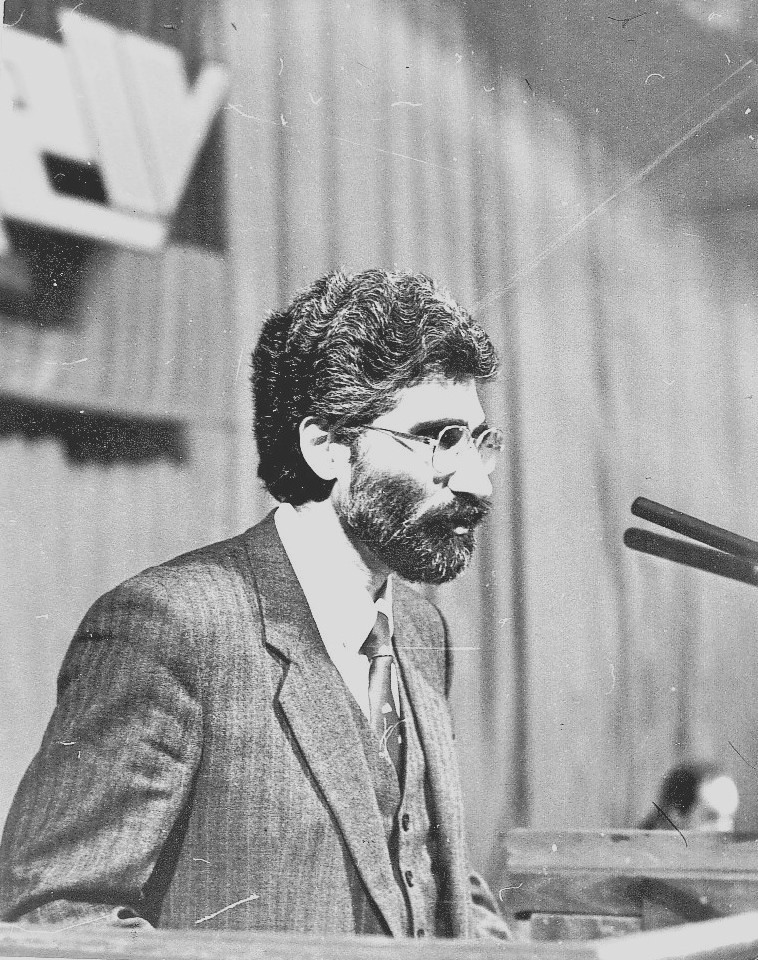Philosopher, university lecturer, former MP and former diplomat

Stáhnout obrázek
Ashot Voskanyan is an Armenian philosopher, educator and public intellectual. He is a former Member of Parliament and former diplomat. Voskanyan was born on April 24, 1949, in Yerevan, Armenia. He is a graduate of the Department of Philosophy of Yerevan State University, where he also defended his Ph.D. in 1975. From 1976 to 1990 he taught philosophy in different universities in Armenia. When the Karabakh Movement started in 1988, Voskanyan was teaching at Yerevan State University. Along with his students and other university lecturers, he got actively involved in the movement. In 1990, he was elected to the Armenian Parliament (then still the Supreme Council) as a candidate from the pro-independence Pan-Armenian National Movement, and then was re-elected in 1995. During his first term in the parliament he chaired the Standing Committee on Ethnic, and was a member of the Commission working on the Constitution of the Republic of Armenia. In 1995, Voskanyan was appointed Armenia’s Ambassador to Austria, Hungary, Czech Republic and Slovakia, as well as Armenia’s Permanent Representative to OSCE and the UN Office in Vienna. In 1998-2002 he served as Armenia’s ambassador to Germany, and from 2002 to 2017 he held different positions in the Ministry of Foreign Affairs of Armenia. Voskanyan is currently teaching in the American University of Armenia, and is heading Armenian Research Center in Humanities (ARCH), founded by him in 1993.









